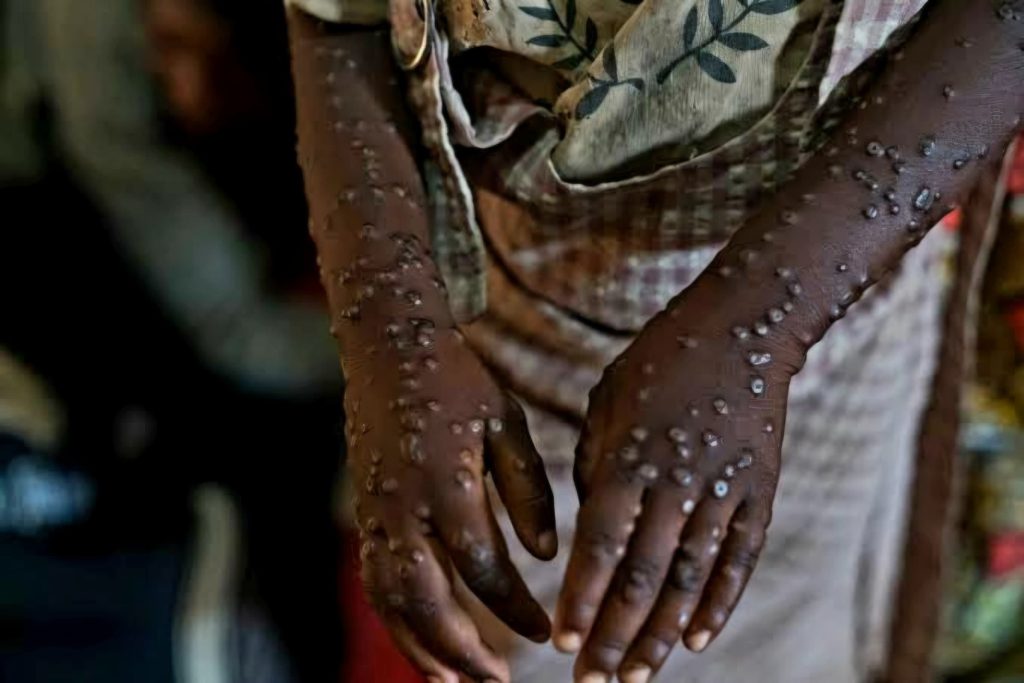The Africa Centre for Disease Control and Prevention (Africa CDC) and the World Health Organization (WHO) have unveiled a comprehensive response strategy to tackle the ongoing mpox outbreak across the continent. Announced on Friday, this extensive plan is set to commence this month and continue through February of the next year, with a projected budget of approximately $600 million.
This collaborative initiative seeks to enhance and expedite the efforts of African nations in combating the virus. Its primary goals are to prevent further spread, provide critical support to affected regions, and ultimately save lives. The launch of this plan follows the recent classification of the new mpox strain by the WHO as a public health emergency of international concern, underscoring the urgent need for a coordinated response.
According to Dr. Jean Kaseya, Director-General of Africa CDC, the allocation of funds will be strategic. Fifty-five percent of the total budget is earmarked for the 14 countries currently experiencing confirmed cases of mpox. This portion of the funding will also bolster preparedness efforts in 15 other nations at risk of potential outbreaks. The remaining 45% will be dedicated to operational and technical support, provided through various partner organizations, although specific details on the funding sources have not been disclosed.
WHO’s Regional Director for Africa, Matshidiso Moeti, highlighted that the response plan categorizes countries based on their risk levels. This classification ranges from regions experiencing intense outbreaks, such as parts of eastern Democratic Republic of Congo (DRC), to areas where the focus is on strengthening preparedness measures, like Guinea. The plan aims to address varying levels of risk and outbreak intensity across the continent.
The response plan will concentrate on several key areas: enhancing surveillance systems, improving laboratory testing capabilities, and engaging with communities to increase awareness and response efforts. Dr. Kaseya emphasized that while vaccines are an important tool, they alone are insufficient to manage the outbreak effectively. A comprehensive approach involving surveillance and community engagement is crucial to controlling the virus’s spread.
Since the beginning of 2024, Africa has recorded 5,549 confirmed cases of mpox and 643 related deaths. This represents a significant escalation in both the number of infections and fatalities compared to previous years. The Democratic Republic of Congo accounts for a staggering 91% of these cases. Additionally, a considerable number of infections are affecting children under the age of 15, with Congo and Burundi being the most severely impacted. This stark increase highlights the urgent need for the response plan’s implementation and the collaborative effort to address the outbreak comprehensively.

